Description
Ergonomic office seat
An Ergonomic office seat is a type of chair that is designed to provide maximum comfort and support for the user’s body, especially during prolonged periods of sitting. This is achieved by carefully considering various factors such as seat height, backrest support, lumbar support, armrest placement, and adjustability.
Key Features of Ergonomic office seat:
-
Adjustable Seat Height: The seat height should be adjustable to allow the user to sit with their feet flat on the floor and their thighs parallel to the floor. This helps to prevent strain on the knees and lower back.
-
Contoured Backrest: The backrest should provide support for the entire back, from the lower back to the shoulders. It should also be adjustable to fit the user’s individual curvature of the spine.
-
Lumbar Support: Lumbar support is a specific type of back support that focuses on the lower back. It is important for providing support to the natural curve of the spine and preventing lower back pain.
-
Adjustable Armrests: Armrests should be adjustable in height and width to provide support for the user’s forearms and elbows. This can help to reduce strain on the neck and shoulders.
-
Tilting and Swivel Mechanisms: Tilting and swivel mechanisms allow the user to move and change positions easily, which can help to reduce fatigue and prevent muscle stiffness.
Benefits of Using Ergonomic office seat:
-
Reduced Back Pain: Ergonomic office chairs can help to reduce back pain by providing proper support for the spine and preventing strain on the muscles.
-
Improved Posture: Ergonomic office chairs can help to improve posture by encouraging the user to sit upright and aligned.
-
Increased Comfort: Ergonomic office chairs are designed to be comfortable to sit in for extended periods, which can help to improve productivity and focus.
-
Reduced Risk of Fatigue: Ergonomic office chairs can help to reduce fatigue by providing proper support and allowing the user to move and change positions easily.
-
Enhanced Productivity: By reducing pain, discomfort, and fatigue, ergonomic office chairs can help to improve productivity and efficiency.
Additional Features of Some Ergonomic office seat:
-
Mesh Backrest: Mesh backrests allow for better airflow, which can help to keep the user cool and comfortable.
-
Waterfall Seat Edge: A waterfall seat edge curves down at the front to prevent pressure on the back of the knees.
-
Seat Depth Adjustment: Seat depth adjustment allows the user to adjust the seat depth to fit their individual leg length.
-
Adjustable Lumbar Support Pad: An adjustable lumbar support pad allows the user to customize the amount of support for their lower back.
When choosing an Ergonomic office seat, it is important to consider the following factors:
-
Body Type: Different ergonomic office chairs are designed to accommodate different body types. Consider your height, weight, and body shape when making a selection.
-
Individual Needs: Consider your individual needs and preferences, such as the amount of lumbar support you require or whether you prefer a mesh or padded backrest.
-
Budget: Ergonomic office chairs can range in price from budget-friendly options to high-end models. Determine your budget and compare prices from different retailers.
-
Adjustability: Ensure that the ergonomic office chair you choose has the necessary adjustments to fit your body and provide proper support.
-
Trial Period: Many retailers offer trial periods for ergonomic office chairs. This allows you to try out the chair for a period of time before making a purchase.
By investing in a high-quality ergonomic office chair, you can reap the benefits of improved comfort, reduced pain, and enhanced productivity.

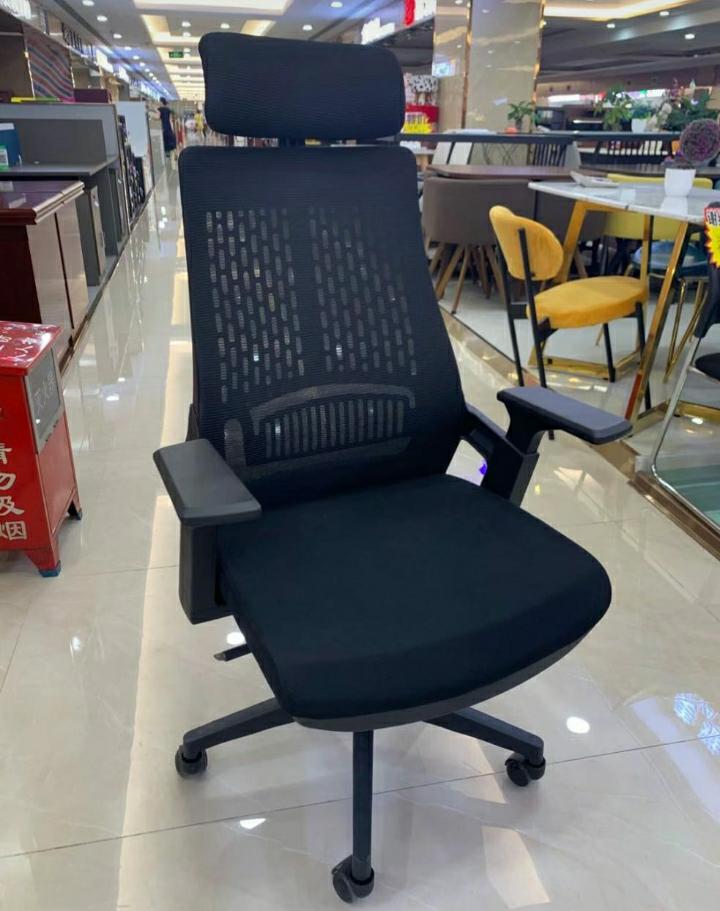
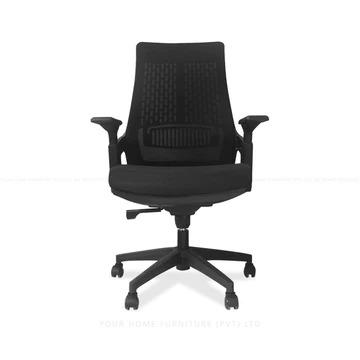
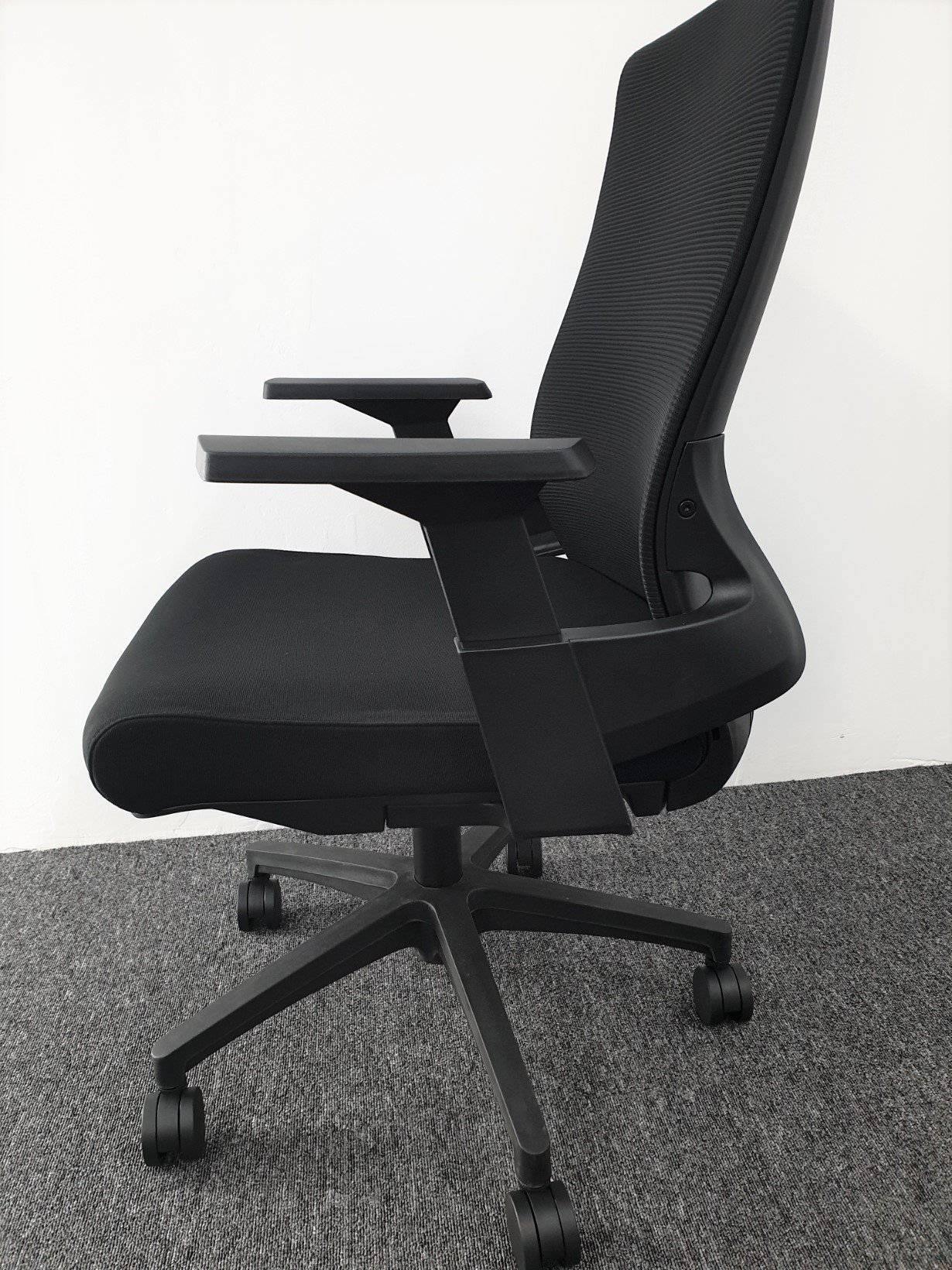
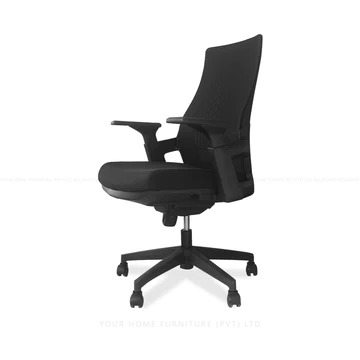
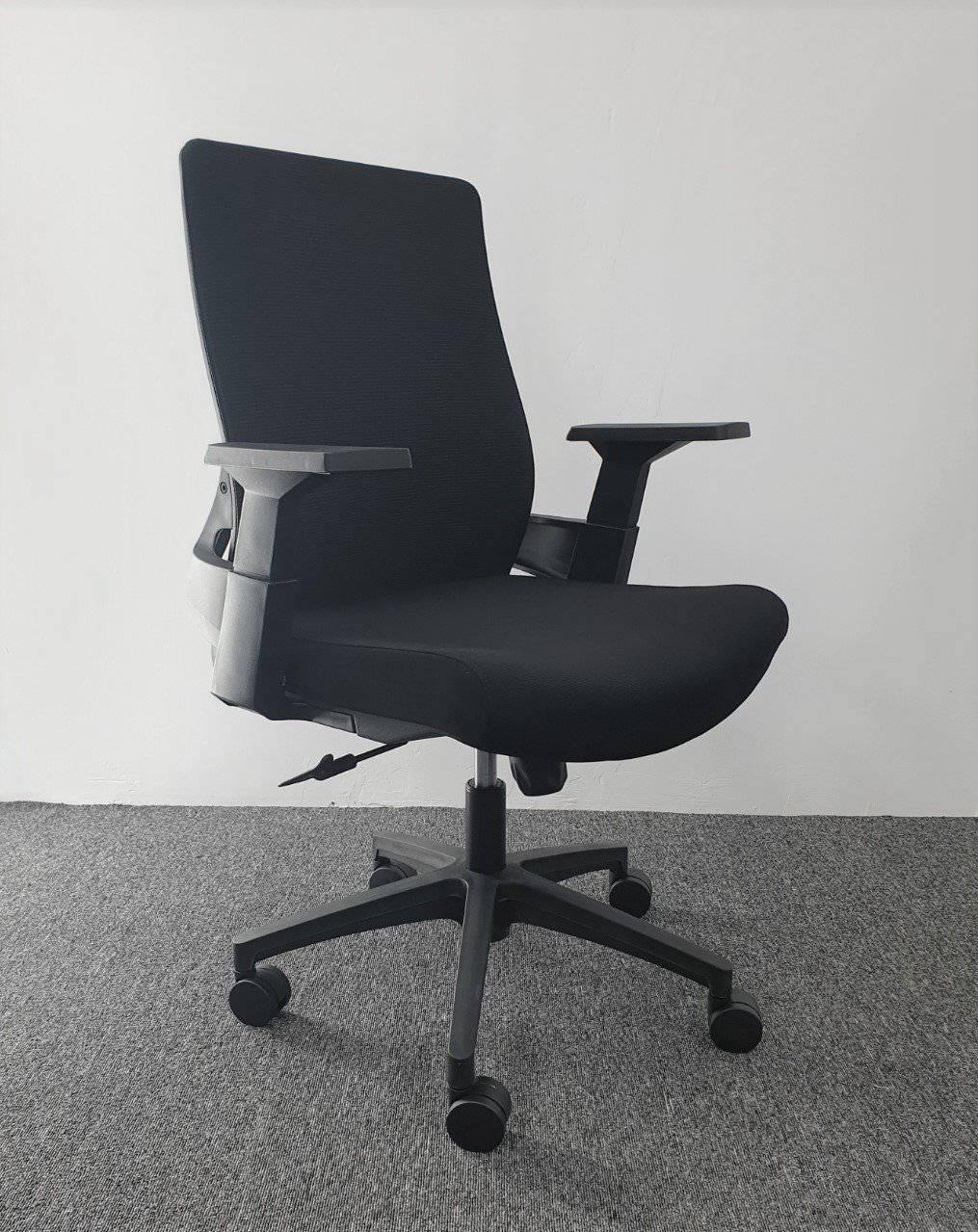
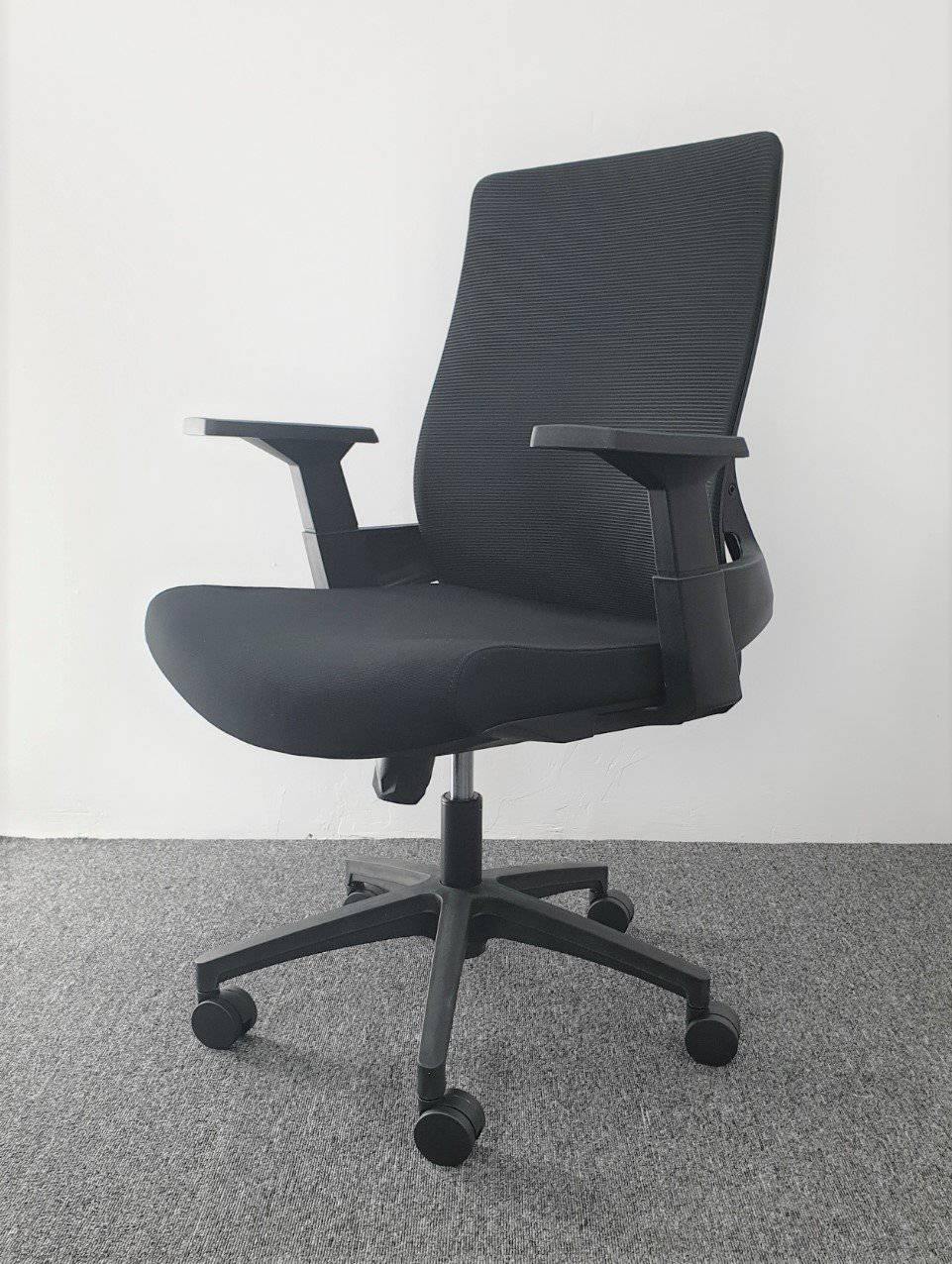
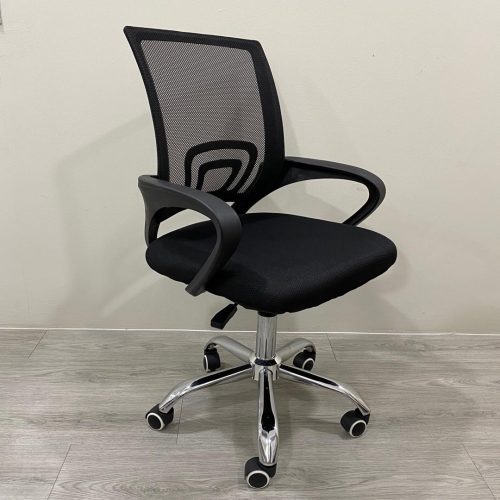


Reviews
There are no reviews yet.